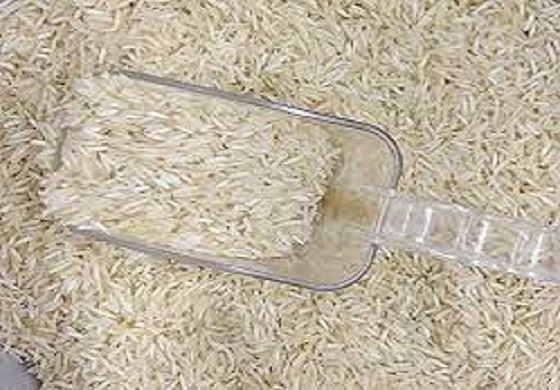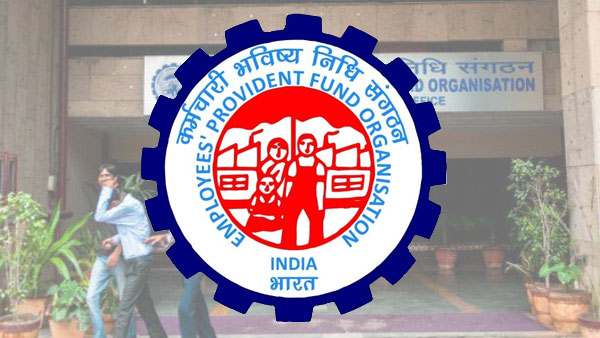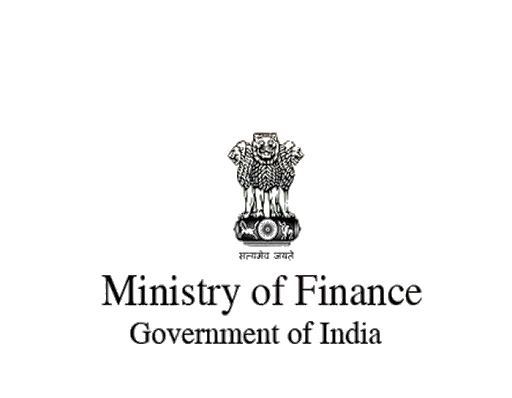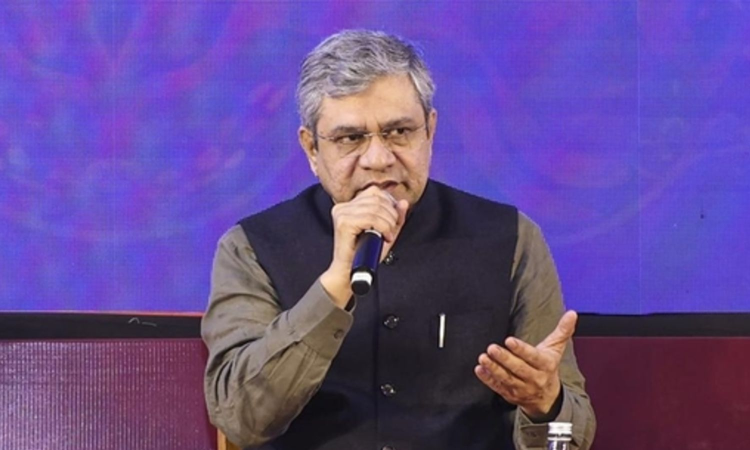For the first time, FSSAI releases standards for identification of basmati rice
Fri 13 Jan 2023, 10:28:32

To ensure supply of standardised genuine rice in domestic and export markets, the Food Safety and Standards Authority of India (FSSAI) on Thursday, for the first time, specified the identity standards for basmati rice varieties, including brown, milled, parboiled and milled parboiled.
Officials said that these standards are expected to enforce quality parameters in the trade as “basmati rice is prone to various types of adulteration for economic gains which may include, among others, undeclared blending of other non-basmati varieties of rice”.
Basmati rice fetches a premium in global as well as domestic market which is higher than the non-basmati varieties.
The FSSAI norms on aromatic and long grain rice are aimed at establishing fair practices in the trade and protecting consumer interest, both domestically and globally, according to an official statement. The standards will be enforced from August 1, 2023.
As per these standards, Basmati rice shall possess natural fragrance characteristic of aromatic rice and be free from artificial colouring, polishing agents and artificial fragrances.
“These standards also specify various identity and quality parameters for basmati rice such as average size of grains and their elongation ratio after cooking; maximum limits of
moisture, amylose content, uric acid, defective/damaged grains and incidental presence of other non-basmati rice etc,” according to an official statement.
moisture, amylose content, uric acid, defective/damaged grains and incidental presence of other non-basmati rice etc,” according to an official statement.
Officials said that FSSAI has notified regulatory standards for Basmati rice which has been formulated after extensive consultations with the traders, exporters, processors and concerned government departments.
Annual production of Basmati rice in the country is around 8.5 to 9 million tonne (MT), out of which around 4 MT is exported.
“The FSSAI standards would improve compliance relating to quality standards in the Basmati rice trade,” VK Kaul, Senior Executive Director, All India Rice Exporters’ Association, told media.
In 2021-22, India exported close to 4 MT of Basmati rice valued at $ 3.54 billion. In the April-November period of the current fiscal, the value of Basmati rice exports rose by more than 39% to $ 2.8 billion (2.73 MT) from $ 2 billion (2.4 MT) in the previous year.
Geographical Indication (GI) tagged Basmati rice is a premium variety of rice cultivated in the Himalayan foothills mostly in Punjab. Haryana, western Uttar Pradesh, Jammu and Kashmir and is universally known for its long grain size, fluffy texture and unique inherent aroma and flavour. India has a share of around 80% global trade of Basmati rice.
No Comments For This Post, Be first to write a Comment.
Most viewed from Business
AIMIM News
Latest Urdu News
Most Viewed
May 26, 2020
Do you think Canada-India relations will improve under New PM Mark Carney?
Latest Videos View All
Like Us
Home
About Us
Advertise With Us
All Polls
Epaper Archives
Privacy Policy
Contact Us
Download Etemaad App
© 2025 Etemaad Daily News, All Rights Reserved.






























